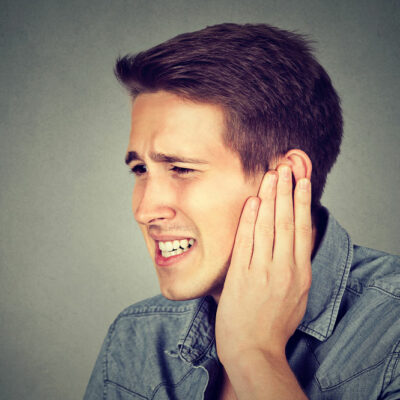
Top 4 foods for a healthy heart
Heart health is important for living a long, fulfilling life. With so many options of processed foods available in the market, it is crucial to make wise choices and add fresh and preservative-free produce to one’s daily meal plans. Moreover, there are some foods that should especially be added to one’s meals every week to keep their heart healthy. Here are the top four foods that could save one’s heart. Black beans These are not only protein-rich foods but also packed with folate, antioxidants, and magnesium. These are all heart-healthy nutrients that help keep blood pressure in check. Other nutrients to look for include fiber, which is not just great for the gut but also helps control cholesterol and blood sugar levels in the body. This can be an easy addition to curries or salads. However, it is important to wash the beans if one is using a canned product, as it has too much salt as a preservative. Moreover, one can always make their own black beans by soaking them overnight and boiling them the morning after. Salmon A great source of omega-3 fatty acids, this fish is known to be a superfood when it comes to heart-healthy meals.
Read Article... 











